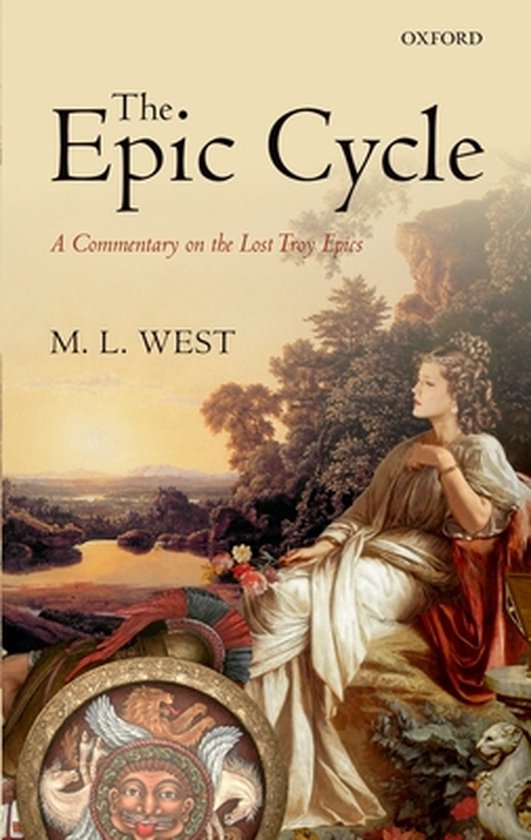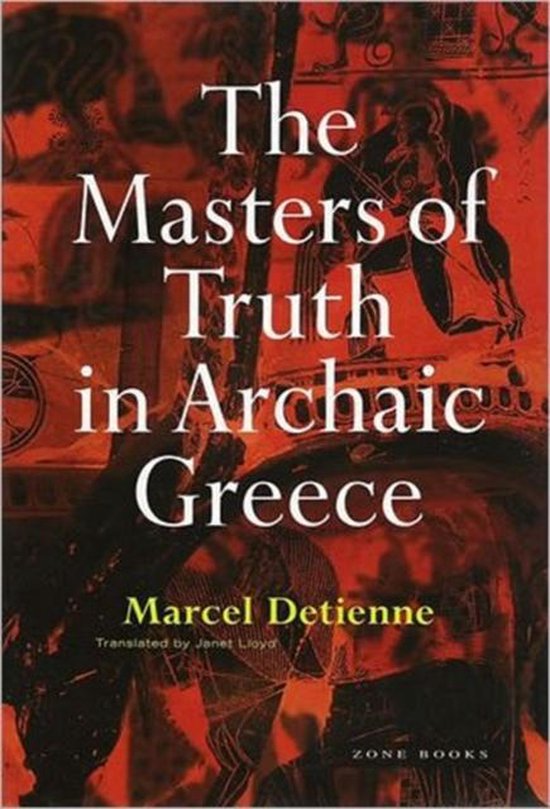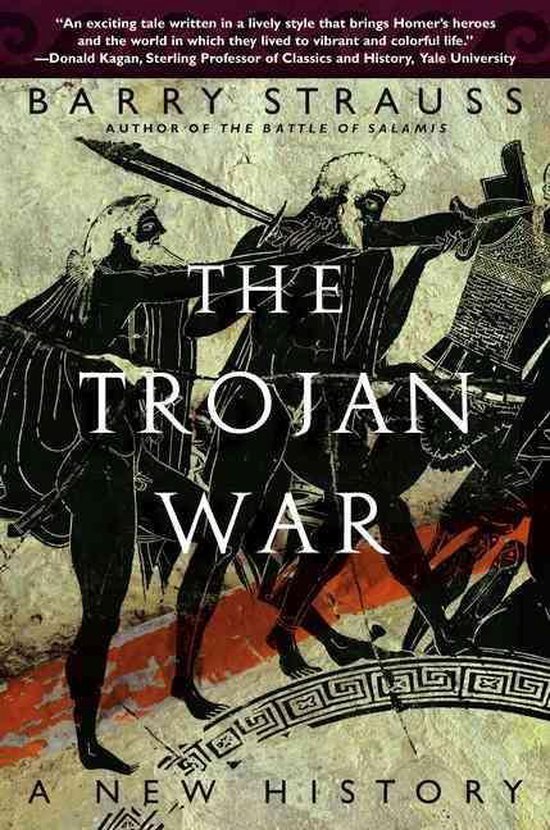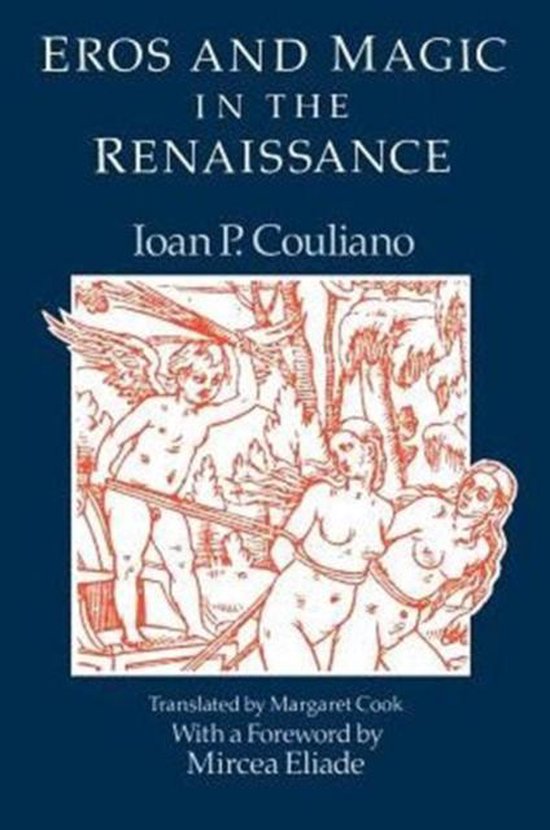
The Epic Cycle
West presents all the source material and provides the first comprehensive commentary on the lost Troy epics, making full use of iconographic as well as literary evidence. Discussing the individual fragments and testimonia, he endeavours to reconstruct the connections between them and to build up a picture of the plan and course of each poem.
The Iliad and Odyssey do not cover the main story of the Trojan War. The whole saga, which includes Zeus' plan to reduce the world's population, the Judgment of Paris and seduction of Helen, the start of the campaign, the Wooden Horse, the fall of Achilles, the homecoming of Agamemnon, and the eventual death of Odysseus, was related in six other epics, dating from 630-560 BCE, that were influential for lyric poets, tragedians, and artists of the classical age but are known to us only through fragments and brief prose summaries. In this book Martin West presents all the source material and provides the first comprehensive commentary on it, making full use of iconographic as well as literary evidence. Discussing the individual fragments and testimonia, he endeavours to reconstruct the connections between them, so far as possible, and to build up a picture of the plan and course of each poem. In a substantial introduction he addresses general issues, including the nature and formation of the Epic Cycle, the status of the summaries of the Troy epics preserved under the name of Proclus, the validity of the attested ascriptions to particular poets, the reflexes of the Cycle in early art and literature, and its fortunes in and after the Hellenistic period.
The Iliad and Odyssey do not cover the main story of the Trojan War. The whole saga, which includes Zeus' plan to reduce the world's population, the Judgment of Paris and seduction of Helen, the start of the campaign, the Wooden Horse, the fall of Achilles, the homecoming of Agamemnon, and the eventual death of Odysseus, was related in six other epics, dating from 630-560 BCE, that were influential for lyric poets, tragedians, and artists of the classical age but are known to us only through fragments and brief prose summaries. In this book Martin West presents all the source material and provides the first comprehensive commentary on it, making full use of iconographic as well as literary evidence. Discussing the individual fragments and testimonia, he endeavours to reconstruct the connections between them, so far as possible, and to build up a picture of the plan and course of each poem. In a substantial introduction he addresses general issues, including the nature and formation of the Epic Cycle, the status of the summaries of the Troy epics preserved under the name of Proclus, the validity of the attested ascriptions to particular poets, the reflexes of the Cycle in early art and literature, and its fortunes in and after the Hellenistic period.
| Auteur | | M. L. West |
| Taal | | Engels |
| Type | | Hardcover |
| Categorie | | Geschiedenis |




